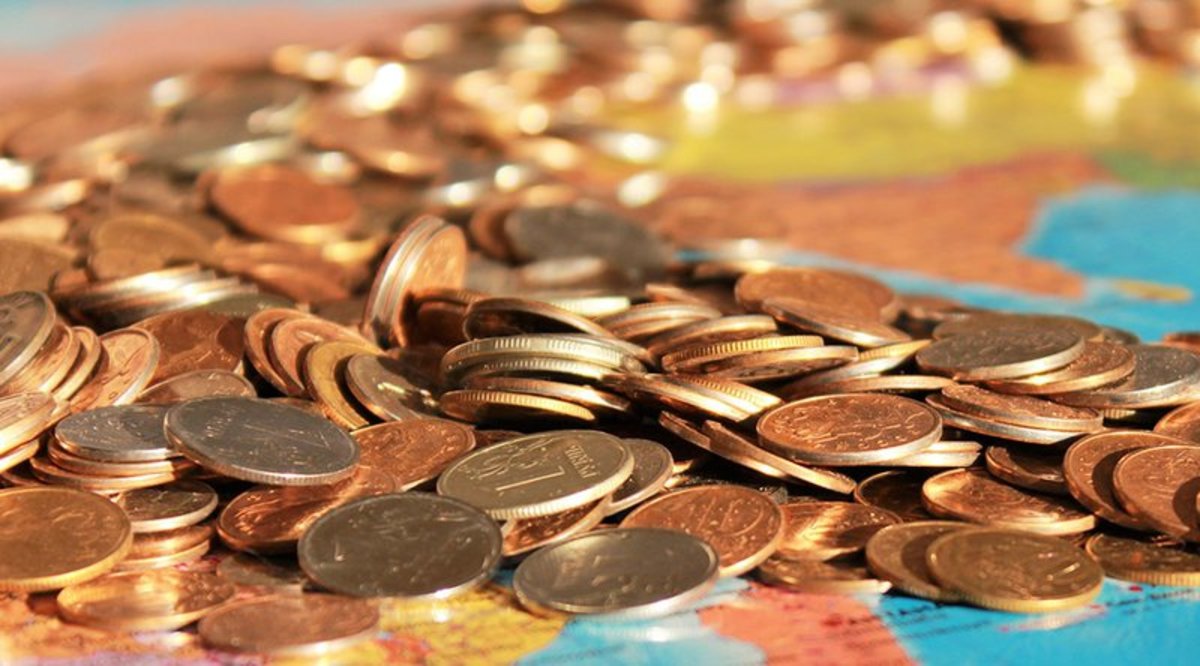
While Wall Street seems more interested in the idea of permissioned or private blockchains these days, the point of Bitcoin in developing countries has nothing to do with the technology underpinning the decentralized payment network.
According to Snapcard Co-Founder and CEO Michael Dunworth, people in developing nations are more interested in bitcoin as a currency than those in more developed countries. While there are some niche use cases for Bitcoin in places like the United States, it seems clear that owners of credit cards with cashback programs are not going to switch to the digital currency at any point in the near future.
Michael Dunworth recently sat down with Bitcoin Magazine to discuss some of his thoughts on the Bitcoin versus blockchain debate, and he explained why Wall Street is focused on blockchain technology, while the developing world has its eyes set on bitcoin.
Some Countries Would Still Like a Decent Currency
Dunworth understands the current trend is a move away from bitcoin and toward the blockchain, but he does not see the same phenomenon in the developing world. During his conversation with Bitcoin Magazine, the Snapcard CEO said that some parts of the world still have interest in bitcoin as a currency:
“Right now, everyone is talking about the blockchain. It’s not bitcoin, it’s the blockchain. That’s very USA bubble. If you go to Brazil, Nairobi in Kenya or Argentina, they still need a decent currency. They don’t have a Chase Rewards card that gives them one-and-a-half percent back on everything they spend.”
In accordance with Dunworth’s vision, Snapcard has made Brazil one of its main areas of focus. Dunworth gave a presentation to a variety of government officials and central bankers at the Central Bank of Brazil in November, and the company has also partnered with PagPop , which is a payment processor with more than 12,000 merchants in Brazil.
Americans Won’t Choose Bitcoin Over Credit Cards
When discussing the consumer adoption of bitcoin in the United States (or lack thereof), Dunworth made the point that Americans already have options that are comparatively better than the cryptocurrency — at least when it comes to making payments. Plenty of Americans are interested in holding bitcoin as a speculative asset, but the idea of spending bitcoin is less attractive.
Dunworth explained:
“You’re going to be very hard pressed to find a decent incentive to get someone in the USA to get someone to use bitcoin and say, ‘Hey. Go spend this over your local currency. Go spend this over your Chase Rewards card.’ [And that’s] the majority of people. Over 78 percent of Americans have credit cards or something ridiculous like that — of which are tied to a loyalty program of sorts.”
Dunworth did agree that discounts could be used as an incentive to get some Americans on board with spending their bitcoin, and he pointed to Fold and Purse as two perfect examples of the types of apps that could get more people in the United States interested in the digital currency. One of the main points Dunworth attempted to get across during his conversation with Bitcoin Magazine is that there needs to be a compelling use case for someone to switch to bitcoin.
So why isn’t Wall Street interested in Bitcoin? In Dunworth’s view, it has to do with the difficulties involved with selling Americans on the idea of using the digital payment system.
“In general, the reason why they don’t talk about Bitcoin as much on Wall Street and they’re talking blockchain instead of Bitcoin — why would they talk about something that doesn’t have a use case? It’s like, ‘Oh. I can use bitcoin as a currency.’ And [consumers would say], ‘Why do I need to?’” he said.
Many Countries Don’t Need to Be Sold on Bitcoin
Dunworth said you don’t need to sell people on bitcoin in certain parts of the world. Once you explain how it works, the idea intrinsically makes sense to them because it is much better than their other currently available options for money, payments or both.
Dunworth used a hypothetical story of a Zimbabwean farmer to explain the contrast between the developed and the developing worlds when it comes to Bitcoin:
“I’ve got to sell you on [bitcoin in the United States]. You’re like, ‘Why would I use it?’ If I’m in Nairobi and the dude is wheelbarrowing Zimbabwean dollars across the border to pay for a bag of rice, I don’t have to sell him on anything. That’s the contrast. So the emerging markets are going to see bitcoin as a currency, but I don’t know if that’s going to happen in the U.S. or more developed countries.”










